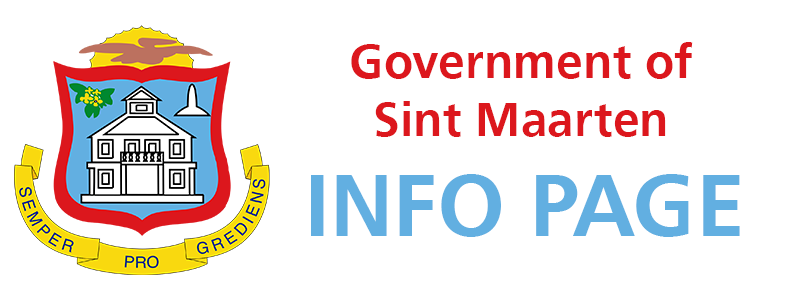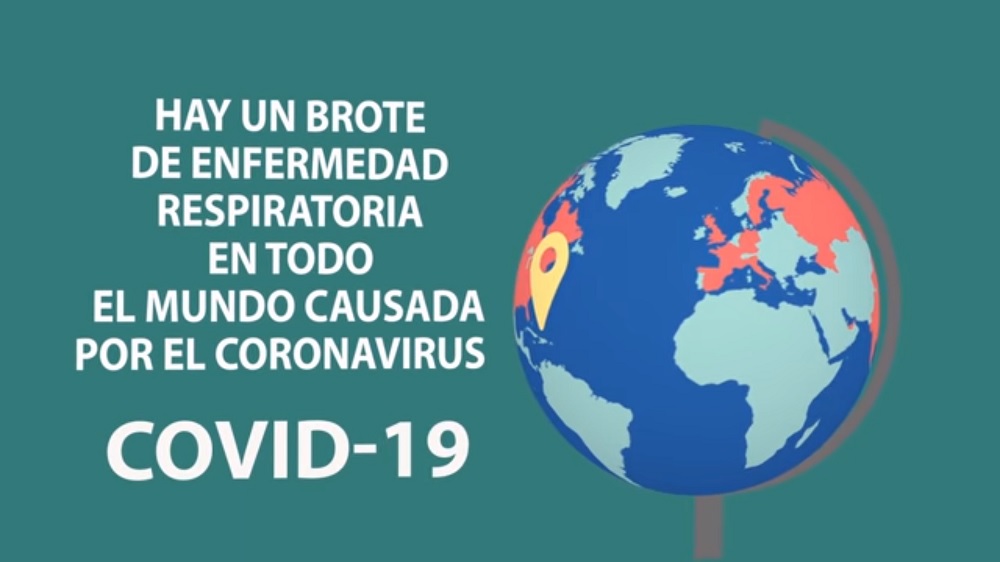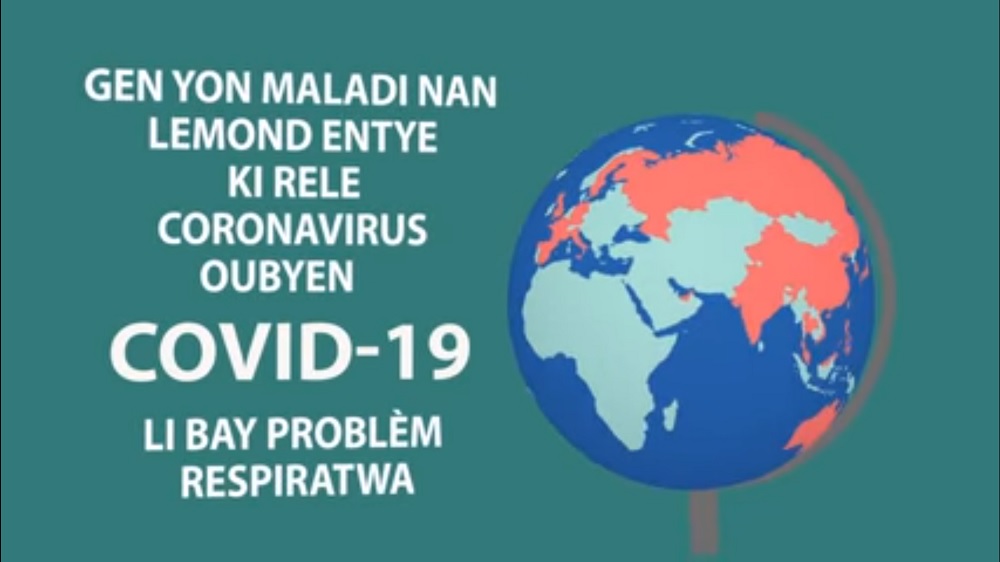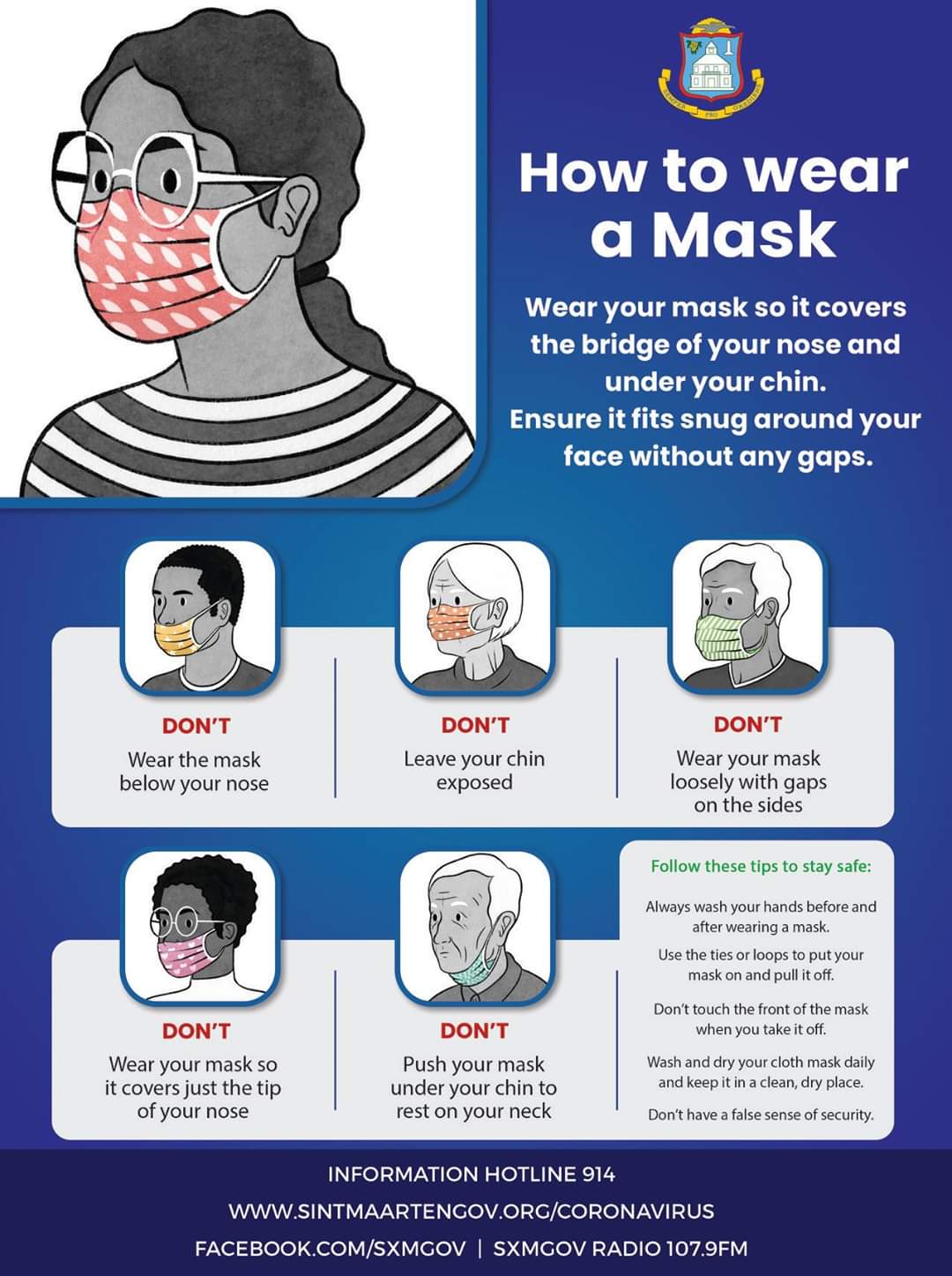Positive Turnaround for Women in the Caribbean
BRIDGETOWN, 23 November 2022 — A number of new initiatives centered on women’s empowerment through better jobs and access to equal opportunities is a positive, welcome turnaround for working women in the region, says Caribbean Employment Services Inc. CEO Joseph Boll.
Caribbean Employment Services Inc. is a market-leading digital talent acquisition service that aims to connect the top talent from the Caribbean with hiring managers, HR professionals and decision-makers in companies both within the Caribbean as well as abroad. Further, it aims to provide the region’s jobseekers and those who are already employed with news and resources related to Caribbean labour. As such, it has closely monitored related developments within the region.
“We’ve noticed a new trend emerging where women are being encouraged and empowered to enter industries they were typically excluded from,” says Boll. “International partners have helped governing bodies in this regard, providing much-needed support, and it’s a welcome development that will no doubt augur well for the respective Caribbean economies.”
Regionally, women have faced — and many continue to face — unique labour challenges. Studies conducted by organizations including the Economic Commission for Latin America and the Caribbean (ECLAC), the World Bank, UN Women and the Caribbean Policy Research Institute (CAPRI) have found that Caribbean women struggle with securing formal employment, lower income in general, being protected against workplace discrimination and being expected to perform unpaid domestic labour. These unique struggles were exasperated by the COVID-19 pandemic and are all the more pressing as many Caribbean households are single-parent households supported primarily by mothers. Additionally, in some countries, like Jamaica, women make up the majority of the labour force, despite most high-paying jobs going to men. Studies have confirmed that the unique position of Caribbean women in general makes them more vulnerable to natural disasters, which are likely to grow more intense without climate change intervention.
In light of this, Boll says it is commendable that governments are launching plans to ensure the workforce is more inclusive of women, as well as that women can successfully enter high-earning industries that will afford them a higher standard of living.
In countries like Guyana, for instance, the government has rolled out programmes to train women to enter the oil and gas industry, as well as the solar industry. Taiwan (ROC) has also provided support to countries like St. Lucia and St. Kitts & Nevis to help develop women’s empowerment programmes that will improve their employability and help them become entrepreneurs. Meanwhile, in Jamaica, a new programme helped dozens of women shift from unpaid domestic labour to formal caregiver careers. Additionally, a Puerto Rican organization was said to be helping young women enter the gaming industry — an innovative industry that is beginning to rear its head in some Caribbean nations, including Barbados.
Boll says, “It’s not unusual for women to be the breadwinners in many Caribbean households. Empowering them in a tangible way that will help them achieve their best standard of living will be beneficial for all.”











